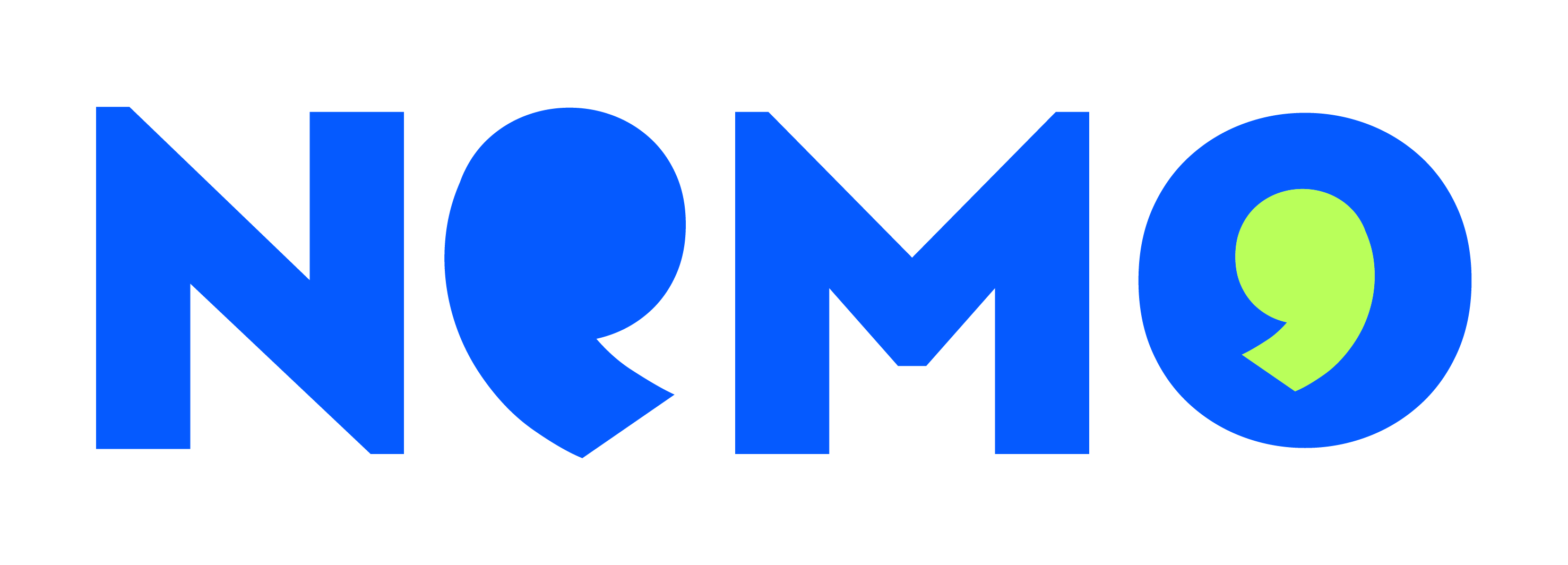In the pursuit of sustainability, exiled media outlets face multiple challenges. Many newsrooms have concluded, for example, that generating income from traditional advertising is almost impossible because local companies prefer to avoid retaliations from authoritarian governments. Under these circumstances, one of the most logical steps for exiled media is to experiment with programmatic advertising.
But there’s a problem. The algorithm of social media platforms —where it is common to find new and growing audiences— doesn’t like violence. And unfortunately, violence and politically related content are often at the core of news reporting when a country faces military coups, political crises, and social unrest. Therefore, much of the content that exiled media create gets taken down by robots or is automatically blocked from generating revenue.
Ole Chavannes, former media developer at the Democratic Voice of Burma (DVB), a Burmese exiled media outlet, and also a NEMO member, knows this situation very well. In an interview given to InOldNews, a digital video training company from India, he explained that almost half the content that DVB produces a week is taken down from social media platforms. And although he understands the reasons for this to happen, Ole hopes the situation will eventually change.
“I hope that more exiled media organizations join forces and make that an issue. I’m sure they (tech companies) will understand if we explain to them that they should give us a break and not take our serious news content down,” he said.
Ole’s declarations are part of a conversation that he had with Rohit Upadhyay, an independent journalist, and YouTuber, while in Chang Mai (Thailand), at Splice Beta, a media startup festival focused on Asian creators.
The answers that you’ll read in this interview have been transcribed and edited for clarity. You can also visit the original article here, and the video of the conversation, here.
Rohit Upadhyay:
What are the pros and cons of working with exiled media?
Ole Chavannes:
Journalists are very normal people who do very essential work. We are the fire brigade of the world. We are pointing out where things are going wrong. But for many military regimes, we are their worst enemy because we are also showing the problems that they cause.
Many of my colleagues (at the Democratic Voice of Burma) have been arrested just for being journalists. Seven of our reporters have been arrested in the past few years, and two of them are still in jail as we speak. So that is a big con. The pro is that, because we are in exile, we have zero censorship. We can tell whatever we want and we can keep people informed. We have been doing this for the past 30 years with DVB.
Rohit Upadhyay:
What are the challenges of running a media company from a foreign company?
Ole Chavannes:
The biggest challenge is the money. Traditional news media can generate revenue with advertising, and they don’t have to ask anybody else to donate money. But as an exiled media outlet, it is very difficult to make your own revenue because you are considered illegal in your home country.
We at Democratic Voice of Burma serve people in Myanmar, but we have no companies that dare to advertise on our channel. We rely 95% on donations from big institutions and 5% on revenue share from YouTube. This is not a sustainable business model.
Rohit Upadhyay:
How do you ensure quality reporting without access to on-ground coverage?
Ole Chavannes:
The Democratic Voice of Burma has a big underground network. We have a lot of secret journalists who report with their mobile phones. We get news every day from inside (the country), and our team gets so much footage that we can double-check or triple-check the images to guarantee their quality. We have to be triple sure if something happened before we put it on air. It’s all about being trustworthy.
Rohit Upadhyay:
How challenging is it to ensure the safety of the reporters working in the field?
Ole Chavannes:
As I mentioned before, seven of our people got arrested in the early stages of the military coup. This has been a nightmare for everybody, of course, but since then, we made our systems more solid and more secret (…) It is an ongoing process where we have to keep innovating and being careful. I can say that for the past year, none of our people have been caught.
Rohit Upadhyay:
Do you feel your content is censored in Myanmar?
Ole Chavannes:
Not so much by Myanmar. I mean, the regime tries to block our content and we have a lot of digital attacks on our website, but the problem is not so much the Junta but the social media platforms. The algorithms of Facebook, YouTube, and TikTok are cutting out violence and political news because that’s not good for their advertisers. I think that’s a very worrisome development. They are hurting a lot of real news organizations that produce content not intended for entertainment.
The algorithm takes down more than half of our videos every time. That’s a really big problem and I hope that more exiled media organizations join forces and make that an issue. I’m sure they (tech companies) will understand if we explain to them that they should give us a break and not take our serious news content down. People need to know what’s happening in their country.
On the other hand, more and more of our content is blocked from generating revenue (on social media platforms). I understand that they (the tech companies) want to sell advertising (with entertainment content), but I’m also sure that people want to know what is going on in their countries, and that’s also a market model.
Rohit Upadhyay:
Is there anything else you’d like us to know about exiled media?
Ole Chavannes:
Exiled media is a vulnerable and special part of the media landscape. I hope that, globally, there’s going to be more recognition for the special job that exiled media is doing. Exiled media sounds like it is news from the outside, but the reality is that we have a lot of brave journalists working secretly from the inside. It is an amazing stealth operation. Because of these brave journalists, we know what is happening in these countries. There should be more recognition and respect for that.
Do you have any questions about the work of the Network of Exiled Media Outlets (NEMO)? Reach out to us at info@exiled.media

